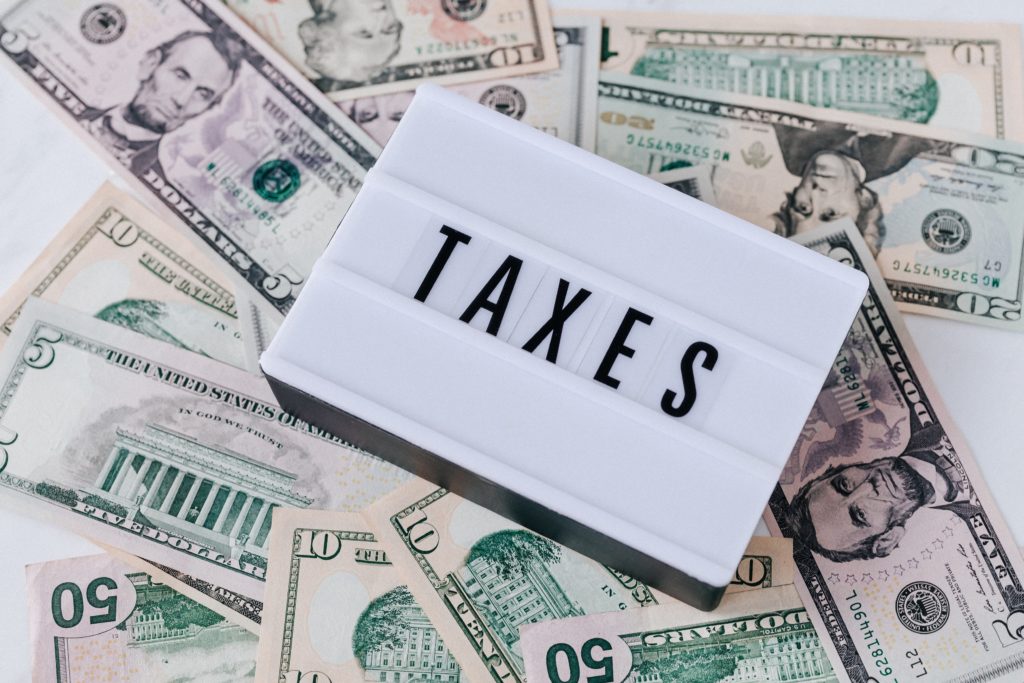If you just closed on your new home, you’ve probably got a lot of things on your mind, like home maintenance, homeowners insurance, and property taxes. You may have an escrow account (also known as an impound account) with your lender that splits up your taxes and homeowners insurance into monthly payments rather than a lump sum. But you get a supplemental tax bill in the mail. Now what?
A supplemental tax bill is an additional charge not covered by your annual tax bill. Supplemental tax bills are mailed directly to the homeowner and are generally not paid out of the escrow account. Here’s more on specifically California homeowners and supplemental tax bills…
California Supplemental Tax Bills
Under current California law, the property is reassessed after there is a change of ownership to a home. The supplemental bill covered the difference between the previously assessed value taxes and the newly assessed value when you purchased the home. Think of it as a catch-up bill you may see within a few months of buying your home.
You may also receive a supplemental tax bill for changes that add property value, like adding square footage or special features like a swimming pool or fireplace.
It’s important to note that this bill doesn’t get sent to your mortgage servicer, as they only receive your annual property tax bill. This bill is separate from what gets paid from your regular escrow account (if you have one). And, like any other bill, supplemental tax bills should be paid by the due date, or you could be charged a delinquency penalty.
Rocky First Year
California counties are typically slow to update the tax records of the property. It can take 6-10 months. During this time, a lender must audit an impound account. If the audit shows a lower tax rate from the seller, they will send back a check to the borrower and reduce their future payments due to a “lower tax obligation.” Don’t be fooled. Your impound account was set up correctly in the beginning. This money will eventually need to go back to the lender, and your payment will adjust higher based on the correct tax rate.
Questions About Supplemental Taxes?
You can contact your local taxing authority with questions about your regular tax bill or any special assessment.

